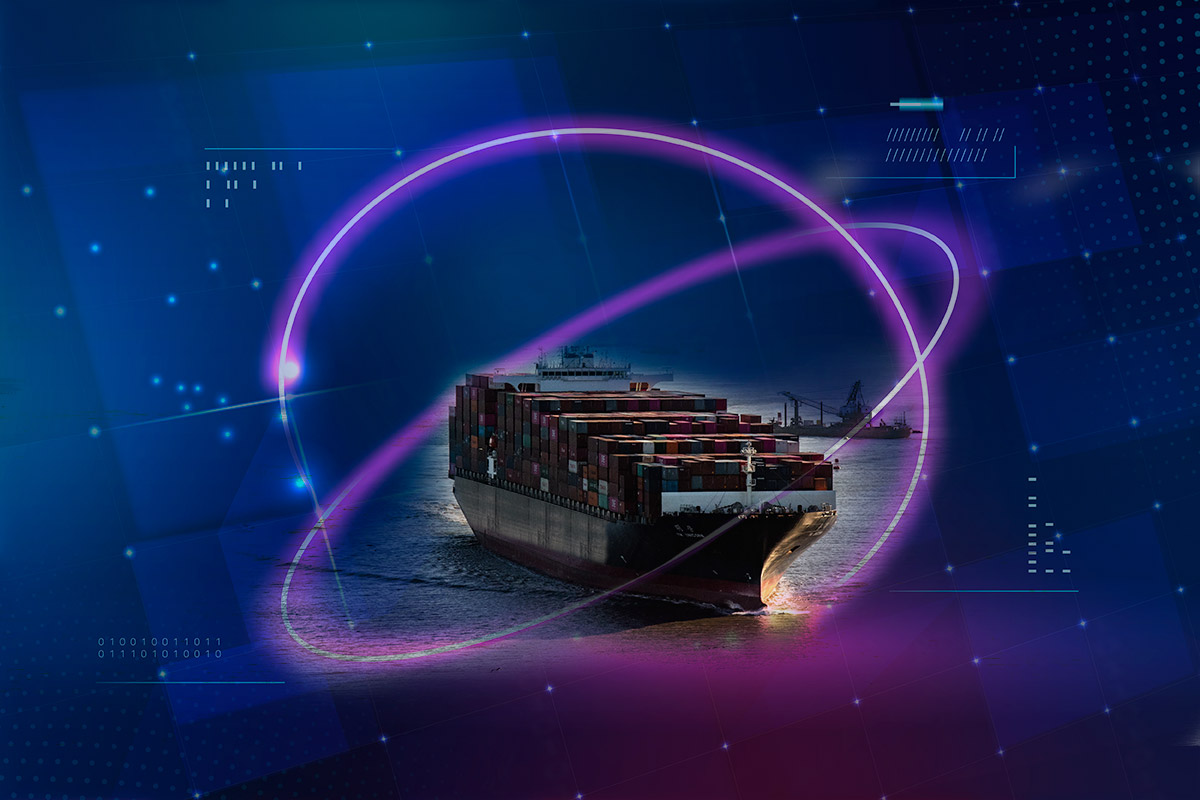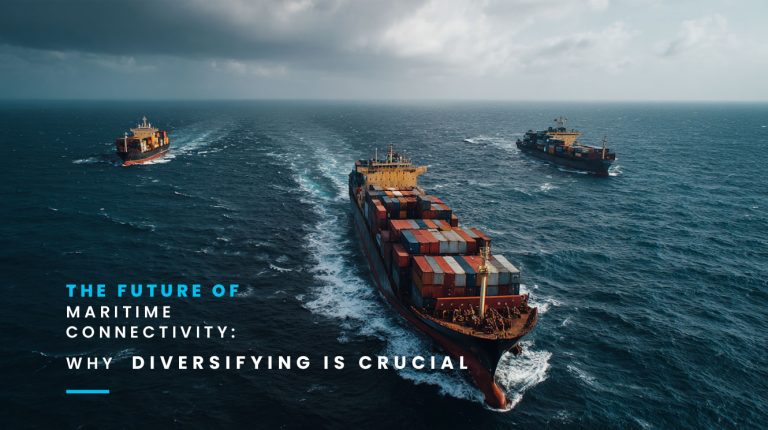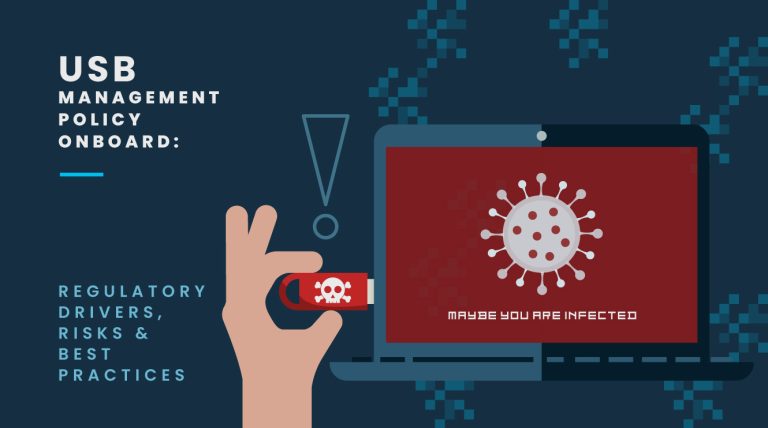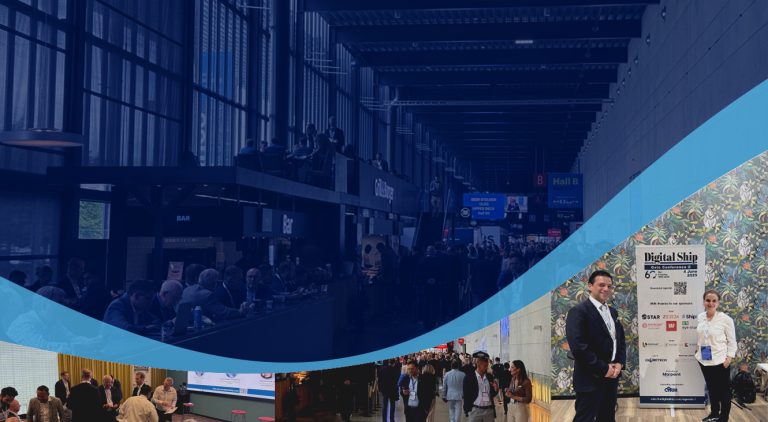The maritime world is increasingly connected, with the majority of newbuildings and in-service vessels being fitted with digital systems.
As more onboard and onshore networks and systems come online, the threats of hacking and ship takeover are increasing.
In line with IMO 2021 resolution, ship owners and IT managers must undertake a series of actions, methodically developing, implementing and maintaining a cyber security management program compliant with IMO requirements.
Digital Transformation and Cyber Security Require Change
Change is never comfortable and may time resisted as it brings about new challenges and often causes people to reach outside their comfort zones.
When a shipping company takes on an initiative to improve performance or address key issues, they often require change; change to processes, job roles, organizational structures, capital investment, and technology.
Four key principles when implementing change management:
- Understanding Change: For change to be effective, you need to understand and explain to Top Management all the “ins and outs” of the change. For example, what it is, how it will be achieved, and why it needs to happen.
- Communicating Change: Everyone needs to know why the change is happening, feel positive about it, and understand how they can contribute.
- Planning & Implementing Change: When carrying out your plan, you need to ensure that everyone involved knows what they’re doing. This may encompass addressing training needs, appointing 3rd party ICT partners, such as Marpoint, providing support, and/or setting specific success criteria.
Change Management applied
- New Maritime IT Projects: The implementation of such projects usually involves the implementation of state-of-the-art technologies, equipment, and new processes. For the project to succeed, it is key to consider the people involved in the project: The users, operators, maintenance team, and stakeholders. Listen, engage, communicate, train, and have feedback channels to create a continuous improvement culture.
- Digital Transformation: Today, there is a big discussion around digital transformation initiatives. Many companies think about implementing new technologies, but don’t consider the people and processes involved. As a result, the transformation often fails to gain ground or does not happen at all.
- Maritime Cybersecurity: The risk of cyberattacks are growing in recent years, causing many companies to implement new firewalls and software tools as a result. The implementation of new cyber policies and procedures requires a change in the behavior of employees, and many cybersecurity initiatives fail due to the lack of focus on the human aspect. Instead, focus on these employees by communicating and taking a holistic approach to cybersecurity.






